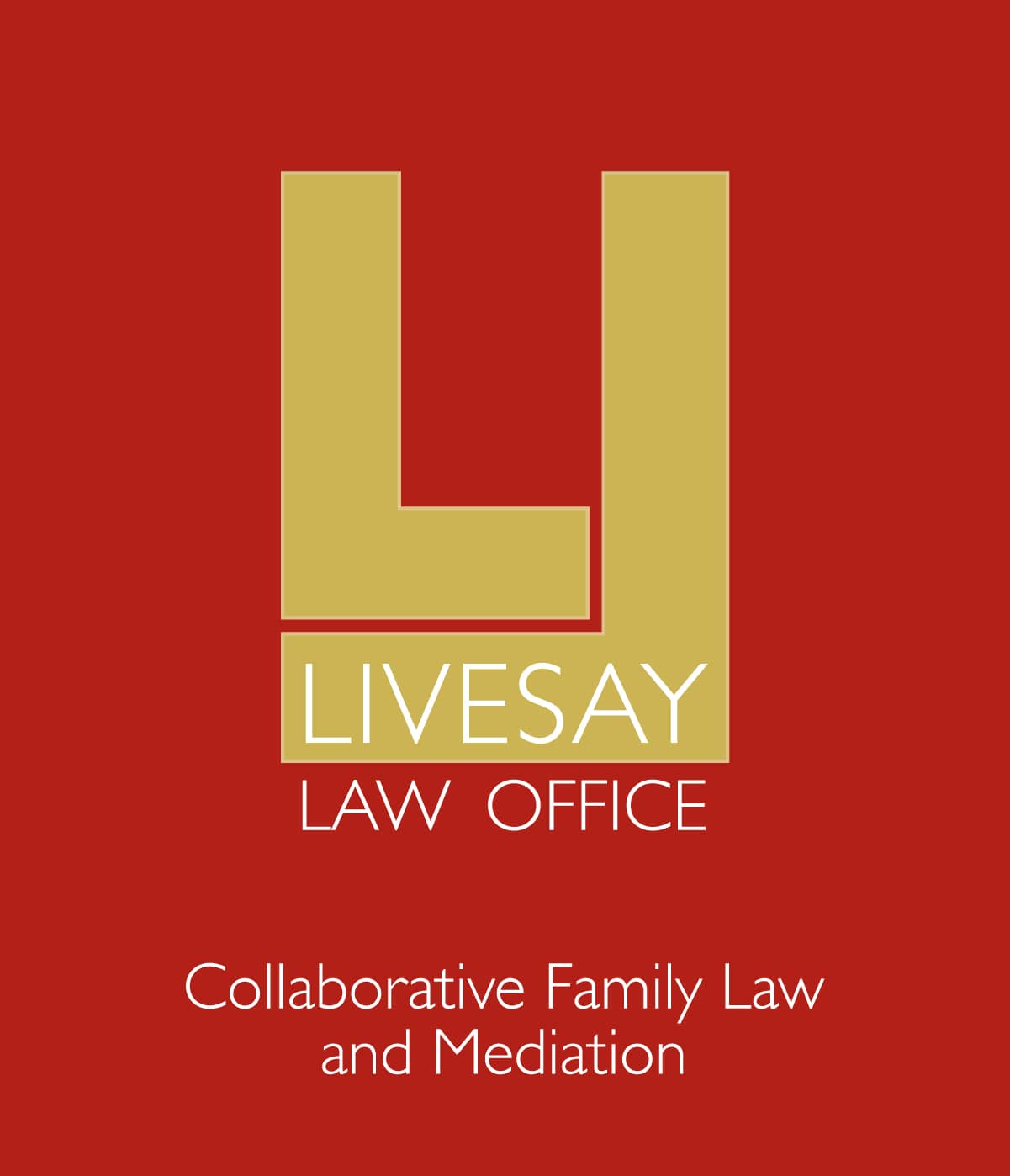Menu
September 20th, 2023
Custody is often one of the most emotional issues in a divorce or when an unmarried couple chooses to part ways. While both parents want what’s best for their child, disagreements can arise about where the child should live — especially if a parent wishes to relocate out of state. Importantly, if a shared custody order is in place, a parent cannot simply relocate to another jurisdiction with their child. Under the law, a parent who wishes to move outside of Minnesota may only do so if they have the consent of the other parent or a court order.
When Do You Need Permission to Relocate with Your Child?
Sometimes, a parent wishes to relocate outside of the state for a new job, financial opportunities, remarriage, to be closer to family, or other reasons. But a parent cannot simply leave the state with the child — doing so can result in serious consequences, including sanctions and the issuance of a court order to return the child to Minnesota. While parents are free to enter into an agreement outside of court when it comes to relocation, a court order may be needed in contentious cases. It is always wise to put such an agreement in a stipulated Court Order, to protect both parents.
If a parent wants to relocate, a lengthy custody battle may be avoided by using mediation or the collaborative process to reach a settlement. By utilizing a form of alternative disputes resolution, parents can communicate their concerns in a non-adversarial environment with the assistance of a neutral party. The parents can then submit their agreement in writing to the court for approval. Once a judge signs the agreement, it becomes a court order. Parents would need to return to court to make any changes.
In the event a parent will not consent to the other’s plan to relocate with the child, the parent who is looking to move can petition the court by bringing a Motion to Relocate. However, a court will usually require that the parents engage in a form of alternative dispute resolution before pursuing litigation. Minnesota courts will decide the outcome of a case involving relocation based on the best interests of the child.
How Does a Court Determine that Relocation is in the Best Interests of the Child?
Minnesota courts favor stability for a child and take relocation matters very seriously. If a relocation case must be decided by a court, an evidentiary hearing will be scheduled. The judge will listen to the testimony of both parties and consider evidence regarding the child’s best interests. In determining whether the proposed relocation is in the best interests of the child, a court will consider a variety of factors set forth under Minnesota statute.
The statutory factors a Minnesota judge must evaluate in determining whether to allow relocation include the following:
- The nature and quality of the relationship between the child and the parent who is requesting the move
- The child’s relationship with the non-relocating parent and siblings
- The impact relocation may have on the child’s physical, educational, and emotional development
- The child’s age and needs
- Whether the relationship between the child and non-relocating parent can be preserved through a suitable parenting time arrangement
- The child’s preferences, if they are of a mature enough age
- Any pattern of conduct of the parent seeking relocation to thwart the child’s relationship with the non-relocating parent
- Whether the relocation will enhance the quality of life for the relocating parent and the child
- The reasons each parent seeks or opposes relocation
- The effect of the relocation on the child’s safety and welfare
The burden of proof is on the parent seeking relocation to establish that relocation is in the child’s best interests. However, if the court finds that the parent who is requesting the move was subjected to domestic violence by the other parent, the burden of proof shifts to the parent who is opposed to the move. Notably, Minnesota law specifically prohibits a court from permitting relocation if the purpose of the move is to interfere with the non-relocating parent’s parenting time which was given to them by court order.
A court will deny the parent permission to move if they cannot demonstrate that relocation is in the child’s best interests. If the evidence demonstrates that relocation is in the child’s best interests, a judge will issue an order granting the parent permission to move with the child and parenting time for the non-relocating parent. In addition, the court will divide the costs incurred in connection with parenting time following the relocation.
Contact an Experienced Minnesota Divorce and Family Law Attorney
Both parents have a right to foster a relationship with their child. Whether you are the parent seeking relocation or the party opposing it, it’s essential to have a skillful attorney who can advise you regarding your rights and work with you to create a plan that meets the needs of your family and your child’s best interests. Divorce and family law attorney Louise Livesay has been dedicated to assisting clients in the Twin Cities area resolve their parenting time and divorce matters respectfully and peacefully for more than two decades using alternative dispute resolution methods such as the collaborative process. We welcome you to contact us online for a consultation or by calling 651-294-2338.
Categories: Other Family Law Needs






